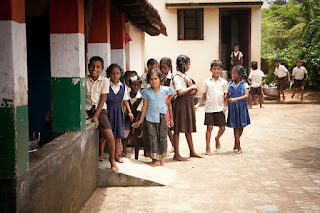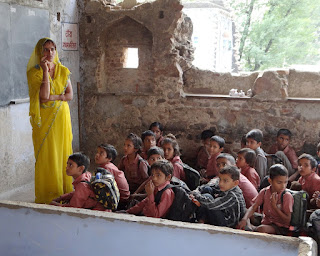Field and Policy insights on Multilingual Education from NORRAG Issue 11
We usually talk about strategies and policies, but Aparna Dixit and Dhir Jhingran go deeper in their article on multilingual pedagogies in the latest NORRAG Special Issue on MLE. They state that teachers' opinions, values and attitudes play a critical role in making multilingual education work. I particularly like the concept of "reculturing": “ … a vital cultural transformation that supports teachers in adopting newer practices while they simultaneously question and realign their beliefs." Two recent articles in NORRAG Special Issue 11 focus on multilingual education (MLE) in India, offering insights grounded in both field-level practice and national policy experience. Together, they reflect the complex linguistic realities and evolving strategies of implementing MLE in the Indian context. ( NORRAG is the Global Education Centre of the Geneva Graduate Institute and a global network of education and training) In the article ‘Navigating Multilingual Pedagogies in ...


